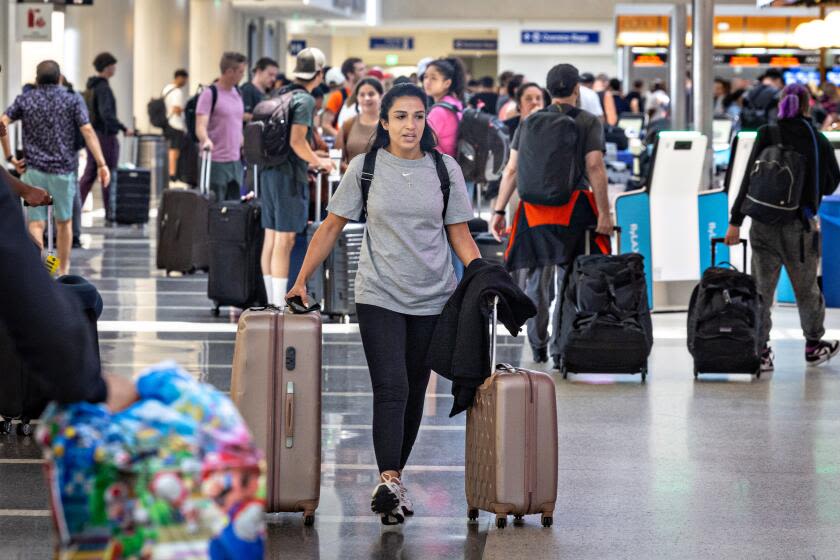Search results
News about COVID-19, symptoms, FDA
News about Mayor Bowser, Isaac del Toro, COVID-19
News about COVID, tests, isolation
Also in the news
Jun 30, 2022 · Generally, most people who get infected are not still testing positive on an antigen test 10 days after symptom onset.
- How Long Can You Test Positive For Covid-19?
- When to Take An At-Home Rapid Test For Covid-19
- If You Test Positive For Covid-19...
- After You Test Positive, Should You Keep Taking At-Home Covid-19 Tests?
- Does A Positive Covid-19 Test After 10 Days Mean You're Still Contagious?
Most people will stop testing positive on a rapid antigen COVID-19 test within about 10 days, Cardona says. "Within 10 days after your initial positive test, you should convert back to negative," she explains. But it’s not unheard of for people to test positive for longer than that on a rapid COVID-19 test, even up to 14 days, Stephen Kissler, Ph.D...
If you develop any symptoms that might signal COVID-19, taking a test can help determine what to do next, the CDC says. Despite changes in which coronavirus variants are circulating now, the most common symptoms remain largely the same. Be on the lookout for cold- and flu-like symptoms, including sore throat, sneezing, congestion, runny nose, cough...
If you test positive for COVID-19 on a rapid antigen test, you should trust that result. “If it actually is positive, that really does indicate that you are infectious and that your risk of spreading it to others is high,” Cardona says. And remember that even a faint line on a home COVID-19 testshould be considered positive. If you’re not sure whet...
If you get a positive test on a home rapid antigen test, you can trust the result, experts tell TODAY.com, provided you performed the test correctly. That means you probably don't need to keep testing yourself every single day throughout your illness. Just follow your symptoms, count the days — and continue to mask up around others. But those with ...
As long as you continue to test positive on a rapid at-home test, you should still consider yourself potentially contagious. “If you are still positive late in your disease or even though you’re symptom-free, that test is indicating that you still are shedding something,” Cardona says. But, experts tell TODAY.com, that you are likely to be less inf...
Apr 28, 2024 · Key Takeaways. If you get COVID-19, you may continue to test positive even after you're feeling better. Some people who recover from COVID may test positive for weeks or even months after they were sick.
5 days ago · If your COVID-19 test is positive. A positive COVID-19 test means the virus was detected and you have or recently had an infection. Take steps to prevent spreading COVID-19. Monitor your symptoms. If you have any emergency warning signs, seek emergency care immediately. Seek health care right away for treatment if you have risk factors for ...
Jul 5, 2024 · Does a positive COVID-19 test after 10 days mean you're still contagious? As long as you continue to test positive on a rapid at-home test, you should still consider yourself potentially...
- 3 min
- Sarah Jacoby
Aug 22, 2024 · If you test positive for COVID-19, isolate until you’ve been fever-free for 24 hours without medication, as per CDC guidelines. You should also take extra precautions, like masking and physical distancing, for five days afterward to avoid spreading the virus.
Continue to test positive for COVID-19 more than 14 days after their initial positive test. The study, published in GeroScience, examined how often people met all three criteria, risks they face and the significance of a persistent positive COVID-19 test.


